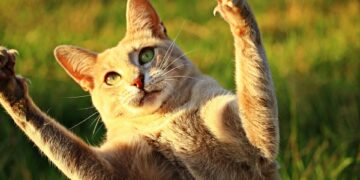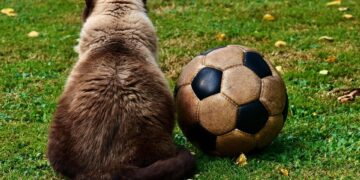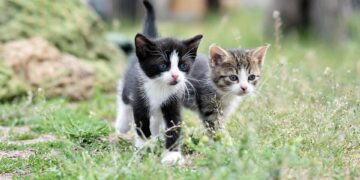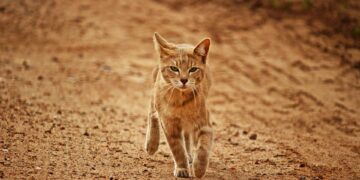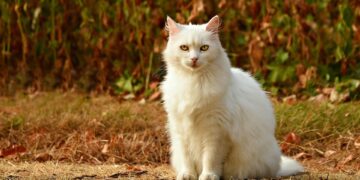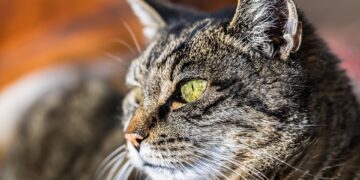Feeding Feline Friends: The Ultimate Guide to Nourishing Your Senior Cat
As our beloved feline friends age, their nutritional needs evolve. Properly nourishing a senior cat is essential for maintaining their health and vitality. In this comprehensive guide, we will explore the best practices for feeding your senior cat, address common questions, and provide valuable tips for optimizing their diet.
Understanding Senior Cat Nutrition
Senior cats have different nutritional requirements compared to their younger counterparts. As cats age, their metabolism slows down, and they may become less active. This means that they require fewer calories to maintain a healthy weight. Additionally, senior cats may develop health issues such as kidney disease, arthritis, or dental problems, which can impact their dietary needs.
When choosing a diet for your senior cat, it is important to look for options that are specifically formulated for older cats. These diets are typically lower in calories and fat, higher in protein, and contain supplements that support joint health, kidney function, and dental health.
Common Questions About Feeding Senior Cats
1. How often should I feed my senior cat?
Senior cats may benefit from more frequent, smaller meals throughout the day. This can help prevent weight gain and reduce the risk of digestive issues. Aim to feed your senior cat 2-3 times a day, with portion sizes adjusted to meet their individual needs.
2. Should I switch to a senior cat food?
Switching to a senior cat food is recommended as it is specifically formulated to meet the needs of older cats. Look for options that are labeled as “senior” or “mature” to ensure that your cat is getting the right balance of nutrients.
3. How can I help my senior cat maintain a healthy weight?
Obesity is a common issue in senior cats, which can lead to a range of health problems. To help your senior cat maintain a healthy weight, monitor their food intake, provide regular exercise, and avoid overfeeding treats.
Tips for Feeding Your Senior Cat
1. Provide fresh water at all times
Senior cats may be prone to dehydration, so it is important to ensure that they have access to fresh water at all times. Consider investing in a water fountain to encourage your cat to drink more water.
2. Monitor your cat’s weight
Regularly weigh your senior cat to track their weight and adjust their portion sizes accordingly. Sudden weight loss or gain can be a sign of an underlying health issue that should be addressed by a veterinarian.
3. Consider adding supplements
Supplements can help support your senior cat’s overall health and well-being. Omega-3 fatty acids, glucosamine, and probiotics are commonly recommended for senior cats to promote joint health, skin and coat health, and digestive health.
Conclusion
Feeding your senior cat a nutritious diet is crucial for their overall health and well-being. By understanding their unique nutritional needs, addressing common questions, and implementing valuable tips, you can ensure that your senior cat receives the proper nourishment they need to thrive in their golden years.
Remember to consult with your veterinarian before making any changes to your senior cat’s diet, as they can provide personalized recommendations based on your cat’s individual needs and health status.
With proper care and attention to their dietary needs, you can help your senior cat enjoy a happy, healthy, and fulfilling life for years to come.

